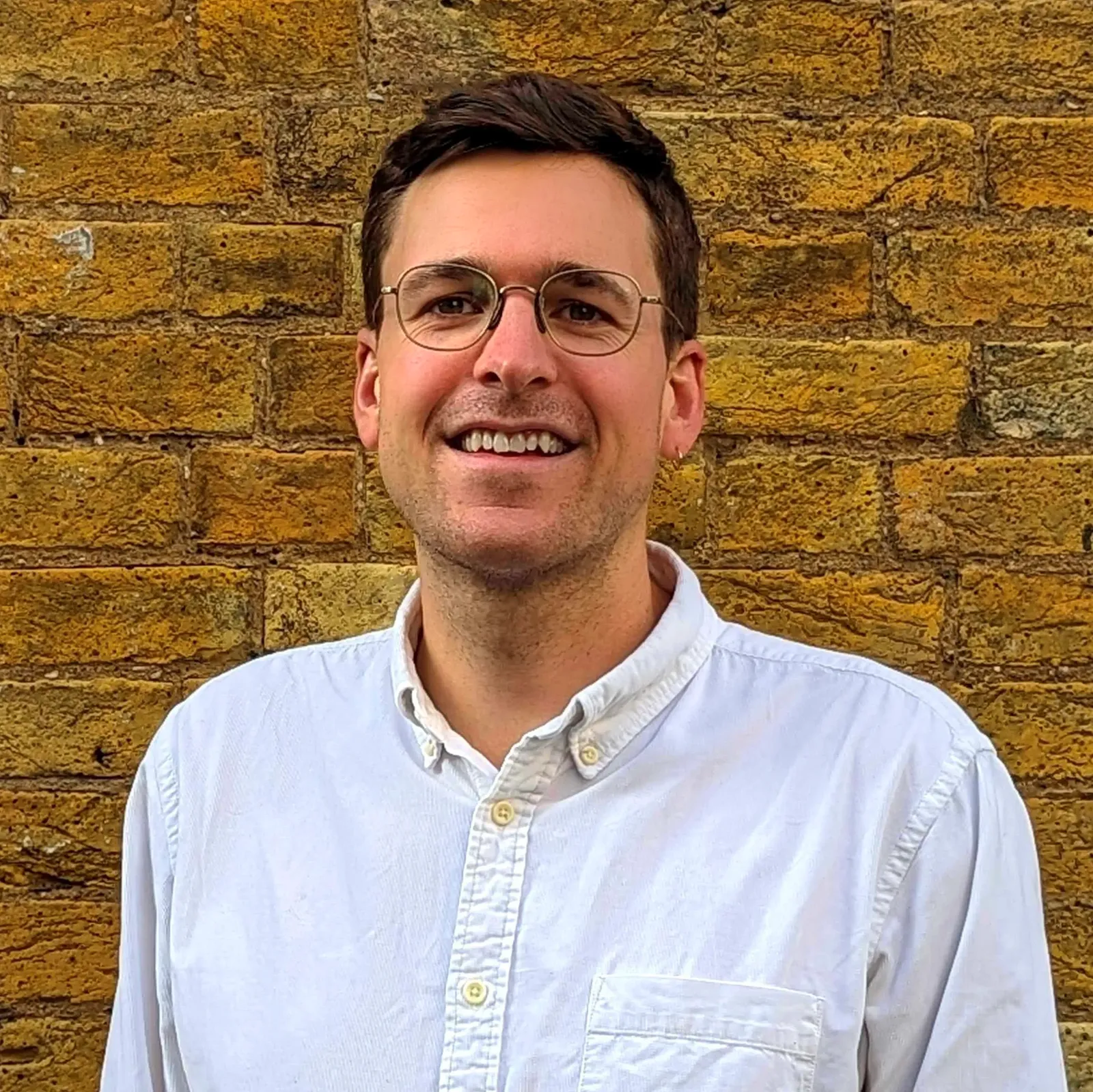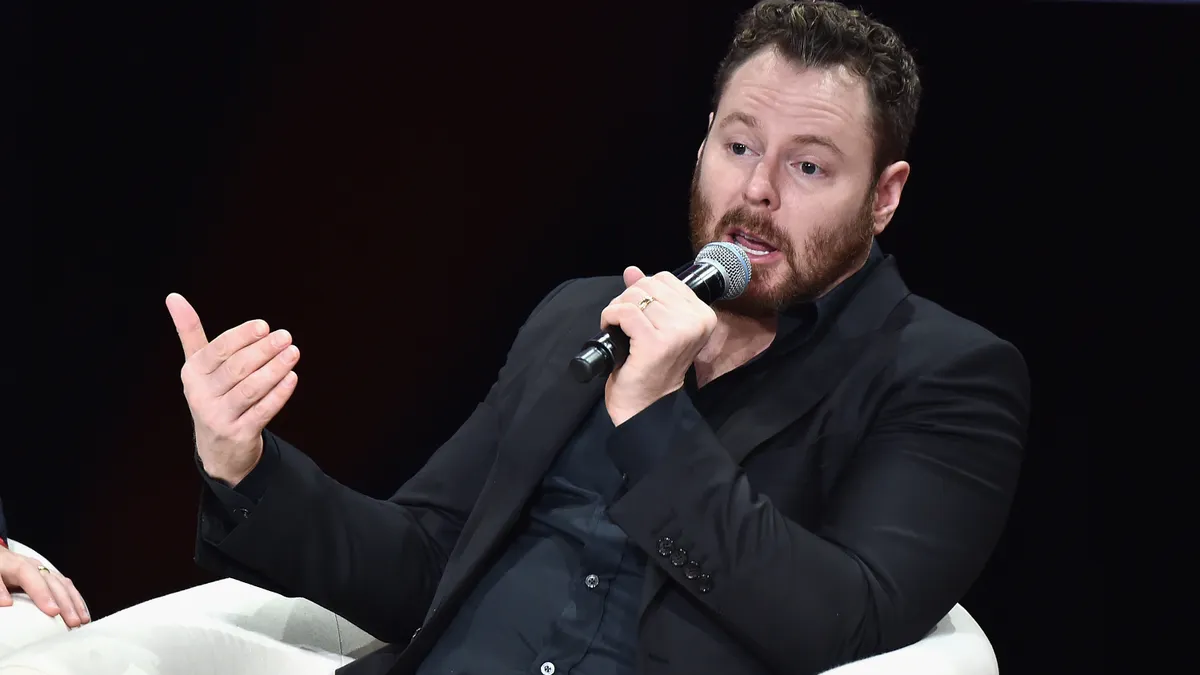When you’re looking to make changes to biopharma clinical trials, one of the top minds in the industry could help you get there — by welcoming Robert Langer to its advisory board, that’s exactly what Lindus Health aims to do.
Langer, an MIT professor and co-founder of Moderna (in addition to a long list of successful biotechs), is the author of more than 1,500 scientific articles, holds more than 1,400 patents issued and pending, and is widely considered the most cited engineer in history.
Bringing Langer to the advisory board of a contract research organization like Lindus, which calls itself “the anti-CRO,” sets the company up to address some of the most pressing concerns in clinical research. Langer’s mind for biotech business also contributes to the ways he can help the company innovate to mitigate some of the risks associated with the CRO model.
Since the COVID-19 pandemic, traditional clinical trials have shifted to a more flexible approach, according to industry research from WCG. With clinical trial starts expected to rise in 2024 compared to the year before and new technologies emerging at a rapid clip, CROs are exploring ways to stay ahead of the curve.
A change is gonna come
Overall, Langer sees where CROs often fall short and where Lindus could make an impact in the industry.
“I think CROs haven’t changed much [in the last decade],” Langer said in an email interview. “There are some recent attempts to incorporate AI and virtual clinical trial techniques to increase efficiencies and expand reach of studies [but] in general CRO processes have remained unchanged.”
“There are a lot of common threads with the types of issues that come up during clinical development that I am able to share.”

Dr. Robert Langer
Co-founder, Moderna
With massive success in the science and business of biopharma, Langer is notoriously modest and focused on the work. At Lindus, that work centers around removing bottlenecks in the clinical trial process with an end-to-end business model.
Langer isn’t the only big name with a hand in Lindus’ path forward — the company has raised more than $24 million from Peter Thiel and other tech and biopharma investors.
And one of the changes Lindus is trying to bring to the CRO table is a new financial model that positions drugmakers to share the risk of the clinical process.

“The incentives of CROs are currently totally misaligned with sponsors and with patients — CROs typically earn more money from projects that are delayed, due to their billable hour business model,” said Meri Beckwith, co-founder of Lindus, in an email.
Founded in 2021, Lindus gained insight from Langer on what would become the company’s driving business model. Beckwith said Langer was critical in shaping a model based on hitting clinical milestones so the CRO and the drugmaker are both locked in on the same goal. Milestones are also a way to share the risk since the contractor and the client are both in the same boat, Beckwith said.
“Sponsors are understandably risk-averse,” Beckwith said. “No one gets fired for hiring [CRO giant] IQVIA.”
Under one roof
Beyond a milestone-based financial model, Langer also sees the end-to-end nature of the clinical trial model as something that sets Lindus apart.
“By building their own robust tech platform and internal site capabilities, they have been able to streamline clinical trial execution,” Langer said.
For example, software that allows for quicker study configuration can help get a trial started. And since recruitment is often a narrow bottleneck for most studies, with most not recruiting on time, according to Langer, expanding the reach through virtual assistance and access to electronic medical records can grow the patient pool faster.
Lindus has also developed software that uses machine learning to write study protocols and capture data with AI monitors from beginning to end.
Langer’s role will be that of a biotech industry guru who can speak to many different facets and disease areas where Lindus is looking to innovate.
“[Langer]’s involvement will help us better design clinical trials, drawing on his wealth of experience from having been involved with dozens of pioneering life science companies,” Beckwith said, noting that Lindus is identifying market segments that work best with its model. “He has consistently been at the forefront of new modalities like gene therapy, tissue engineering and transdermal drug delivery.”
Diseases areas like diabetes where pharma companies have had a particularly difficult time developing novel drugs is where Langer could bring his expertise to find new solutions.
“I take a lot of what I’ve learned in the biotech and drug delivery space about the needs of these companies when looking to establish clinical evidence,” Langer said. “There are a lot of common threads with the types of issues that come up during clinical development that I am able to share.”


















